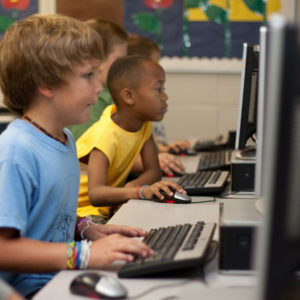Questions are the roadmap from the very beginning of a project to its conclusion. When students first engage with the driving question, they will inevitably have more questions that follow, kickstarting a cycle of student curiosity and learning: generating queries, locating answers, sharing findings, and reflecting on information that is still unknown. For example consider this driving question: “How might we design a school garden that best serves our middle school?” Students may compile an initial list of follow up questions such as, “How much land do we have?”; “Which fruits and vegetables can thrive in our climate?”; and “What types of fruits and vegetables do kids at our school like to eat?” As students seek out answers, they will unlock new topics and concepts for exploration, prompting a fresh round of questions. In this cycle, students gradually build knowledge while refining their solutions to the original driving question.
-
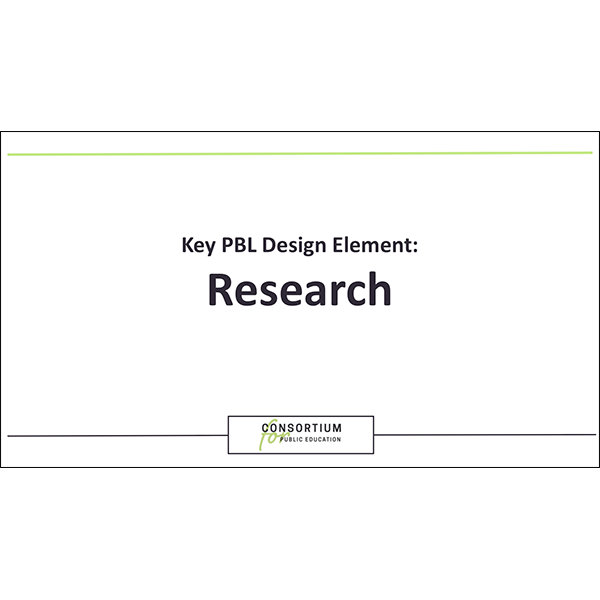
PBL: Research Overview
An introduction to the research aspects of PBL.
Resource -
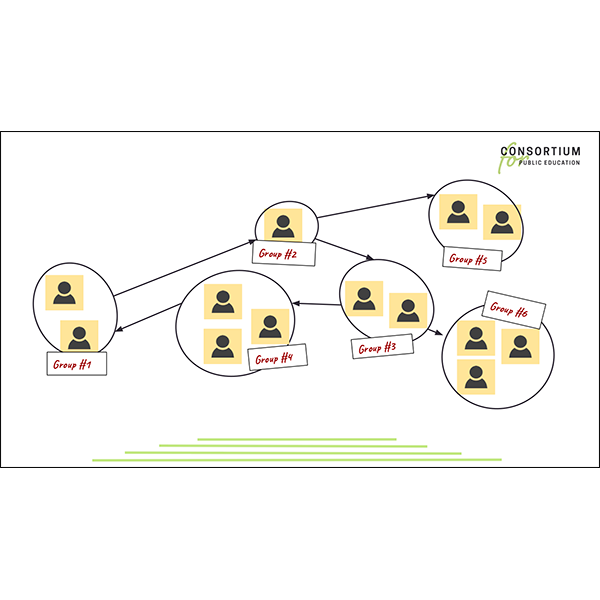
PBL: Stakeholder Mapping
A design method for identifying the role and relationships between people in a system.
Resource -
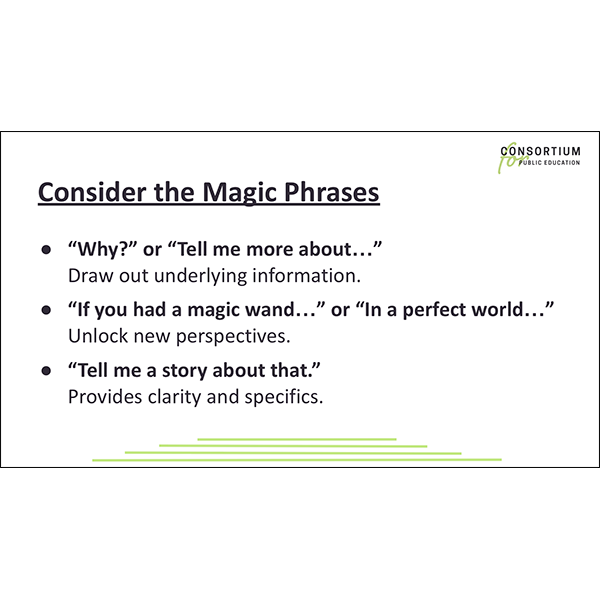
PBL: Interviewing
A design method for gathering information through direct communication.
Resource -
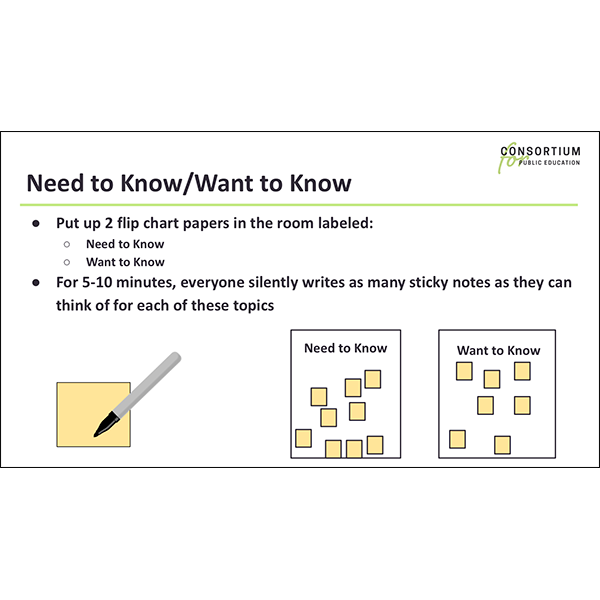
PBL: Need to Know/Want to Know
Processes for asking the right questions.
Resource -
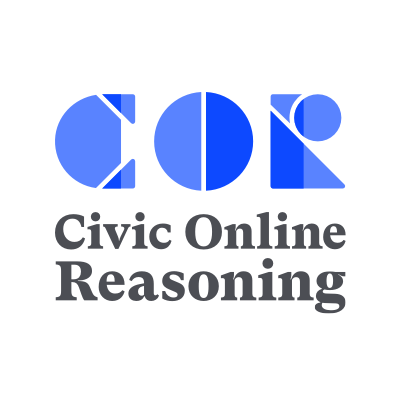
PBL: Stanford University’s Civic Online Reasoning Course
Stanford University’s curriculum for navigating online information.
Resource -
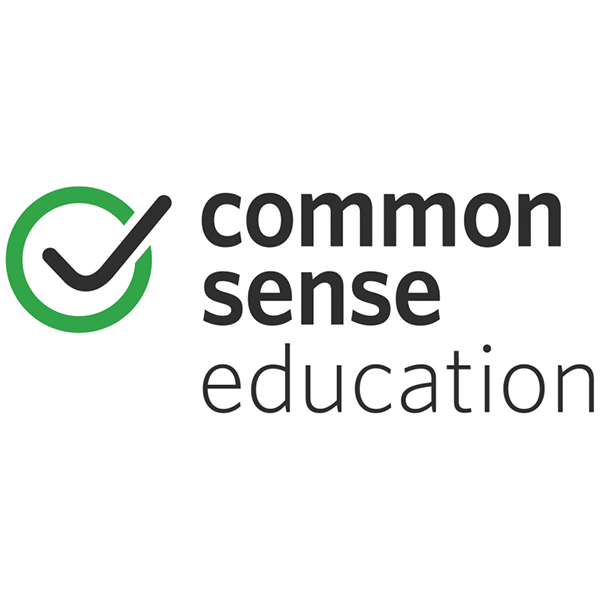
PBL: Common Sense Education’s Digital Citizenship Curriculum
Free online resources for teaching digital citizenship.
Resource -
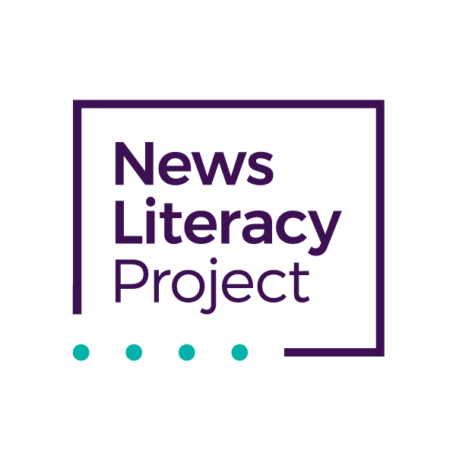
PBL: News Literacy Project
Interactive lessons and resources to help decipher information online.
Resource -
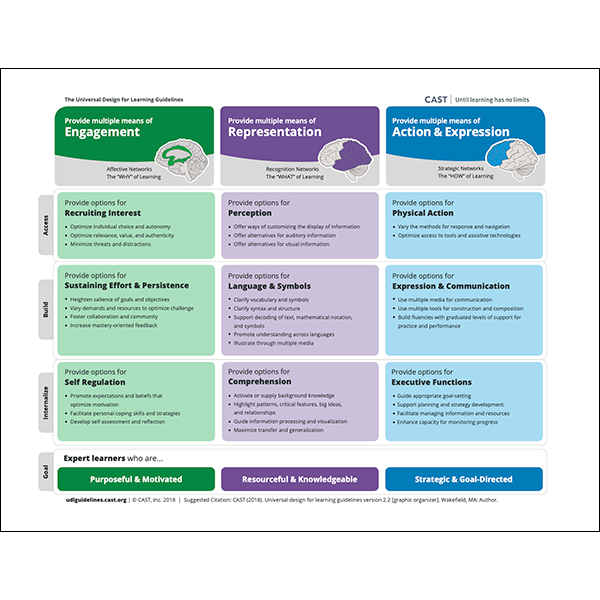
PBL: Universal Design for Learning
Guidelines for creating learning supports that work for all students.
Resource -
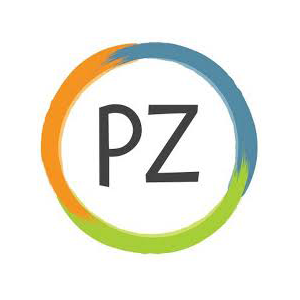
PBL: Project Zero Thinking Routines Toolbox
Additional process materials and strategies for inquiry from Harvard University’s Project Zero.
Resource
